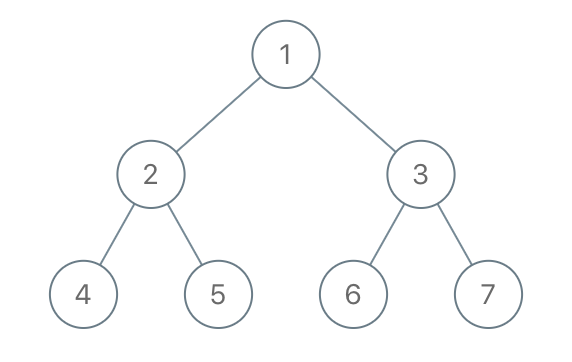1110. Delete Nodes And Return Forest
1110. Delete Nodes And Return Forest
Description
Given the root of a binary tree, each node in the tree has a distinct value.
After deleting all nodes with a value in to_delete, we are left with a forest (a disjoint union of trees).
Return the roots of the trees in the remaining forest. You may return the result in any order.
Example 1:

1 | Input: root = [1,2,3,4,5,6,7], to_delete = [3,5] |
Example 2:
1 | Input: root = [1,2,4,null,3], to_delete = [3] |
Constraints:
- The number of nodes in the given tree is at most
1000. - Each node has a distinct value between
1and1000. to_delete.length <= 1000to_deletecontains distinct values between1and1000.
Hints/Notes
- N/A
Solution
Language: C++
1 | /** |